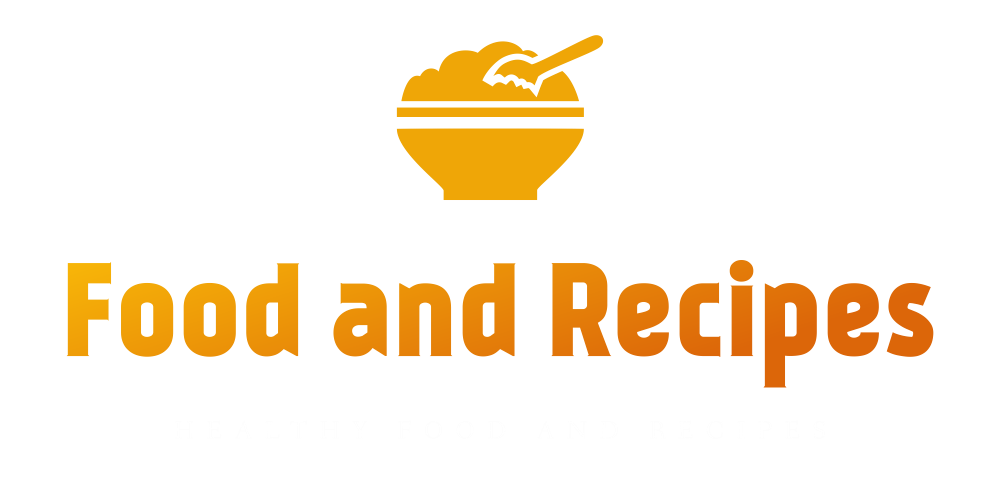New Startups Built From UC Davis Innovations Drive Solutions in Food, Health and Agriculture
In the course of the 2021-22 fiscal 12 months, 13 startup providers executed agreements to obtain foundational intellectual house and commercialize new technologies designed at the College of California, Davis.
“The bold pursuit of novel alternatives by investigate at UC Davis frequently results in new systems and providers aligned with a business pathway for impression,” stated Prasant Mohapatra, vice chancellor for investigation at UC Davis. “In most situations all those innovations are certified to present providers, but many also turn into the foundation for rising startups. We are thrilled to see the accomplishment of this pathway continue on at UC Davis.”
The procedure for connecting innovations from the college to commercial impact is managed by the Innovation and Technologies Commercialization division, which is section of the Place of work of Study. In the course of the 2021-2022 fiscal year, the division processed 132 new data of creation and executed 48 license agreements.
The division’s Venture Catalyst unit focuses on advancing prospective technologies with evidence-of-strategy funding and facilitating startup development.
The College of California method of campuses ranks 1st in the world for the range of U.S. utility patents in accordance to a modern report from the National Academy of Inventors and the Intellectual Home Owners Association.
“Venture Catalyst, which was released in 2013, provides assets to aid campus innovators progress technologies and launch new businesses,” reported Janine Elliott, interim director Enterprise Catalyst. “It is remarkable to see the final results of these attempts and the broad variety of options becoming advanced.”
Meeting wants in foods, wellness and ag
In the last 10 yrs Venture Catalyst assisted 130 startups with foundational mental assets. The 13 emerging startups around the past yr are targeted on producing technology to fulfill demands in food, wellness and agriculture.
One particular of the startups, Eunicera is producing novel therapeutics to address and remedy superior drug-resistant prostate cancer. Co-established by Allen Gao, a professor in the Section of Urology, the company’s proprietary, orally bioavailable small molecules concentrating on equally AKR1C3 and androgen receptor variants either operate by itself or in mixture with present therapies to conquer and protect against remedy resistance.
A different company, Optimized Meals is propelled by improvements in the foodstuff technological know-how and cultivated meat sectors. By employing a novel method in mycelium technological innovation, the group is producing wholesome, sustainable foods, starting up with cultured caviar. Minami Ogawa, a graduate university student in the Department of Foodstuff Science, uncovered how the innovation could be harnessed as an perfect proprietary scaffold for cell cultivation. In parallel, Ruihong Zhang, a professor in the Office of Biological and Agricultural Engineering, and her lab had been creating foundational features of the system for food stuff applications. The company’s platform is focused on building the aspiration of cultivated meat a actuality, and bettering human, animal and planetary health and fitness.
Peak B is commercializing normal possibilities to synthetic foodstuff colorants with outstanding colour qualities, security and efficiency. The UC Davis-led startup has discovered a cyan blue coloration, fixing a single of the largest difficulties in the meals industry’s research to resource pure foodstuff colorants. The scientists examined anthocyanin, a h2o-soluble pigment which is identified in several acquainted fruits and veggies, providing them their lively red, purple, pink and blue hues. A particular anthocyanin was uncovered in crimson cabbage that displayed the wanted blue properties. Considering the fact that the volume of anthocyanin is modest in red cabbage, they applied an enzyme-centered procedure to transform its other anthocyanins into blue. Co-founded by Justin Siegel, an affiliate professor in chemistry, biochemistry and molecular drugs, the company’s patented enzyme-primarily based method now turns extracts from all-natural sources into blue and environmentally friendly colorants that can be applied in a assortment of foods apps.
Further firms that executed agreements to entry the foundational mental property from UC Davis all through the 2021-22 fiscal 12 months are highlighted below. 3 firms have decided on to keep on being in “stealth mode” for competitive causes and are not outlined.
AIVision aims to minimize harmful chemical use and food loss by early insect detection. The enterprise is co-established by Zhongli Pan, an adjunct professor in the Section of Organic and Agricultural Engineering.
Artisyn Laboratories is establishing sustainable wellness products and solutions for the commercial current market. The corporation is co-launched by Mark Mascal, a professor in the Division of Chemistry.
Hope Healthcare is targeted on building a health-related device that helps sufferers with problems swallowing. The enterprise is co-founded by Peter Belafsky, a professor in the Department of Otolaryngology.
Kobin is acquiring precision agriculture utilizing aerial facts analytics. The organization is co-founded by Alireza Pourreza, an assistant professor in the Office of Organic and Agricultural Engineering.
Mirnova Therapeutics is creating smaller molecules and microRNA prescription drugs for the procedure of traumatic brain harm and other neurological conditions. The company is co-established by Da Zhi Liu, an adjunct professor in the Division of Neurology.
Prism Bio is groundbreaking the use of biotechnology to deliver natural protein-pigment based mostly shades dependent on normal light-sensing pigment units from crops and algae to deliver all shades in the obvious spectrum. These sustainable all-natural hues can be made use of in foods, industrial and personalized care solutions, and wellbeing programs. Their technological innovation will have a considerable effect on lowering greenhouse gasoline emissions. Co-founders include things like John Clark Lagarias, a distinguished professor emeritus in the College of Biological Sciences, and Justin Siegel, an associate professor in the Office of Chemistry.
VGN Bio Inc. is establishing distinctive cancer drug candidates from viral protein sequences that have advanced over tens of millions of several years of co-evolution. The organization is co-launched by Yoshihiro Izumiya, an assistant professor in the Office of Dermatology.
